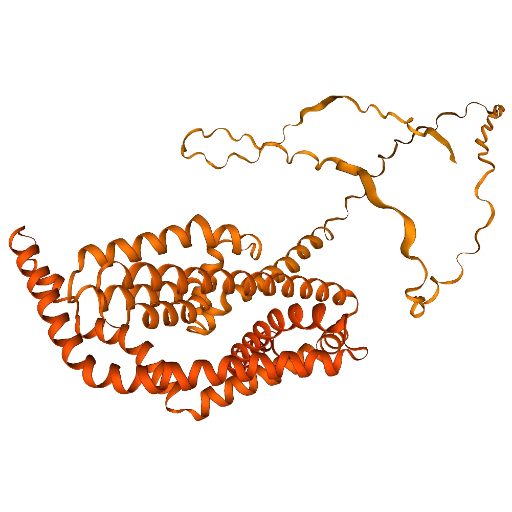ProtGPT2 for Amino Acid Generation
Deprecated: ProtGPT2 has been deprecated
ProtGPT2 is an AI transformer method for unconditional de novo protein sequence generation.
How to Use ProtGPT2
Create 3 proteins
Inputs
- none
Protein sequences are generated unconditionally, so no input is required.
Outputs
- Protein sequence
A single chain protein sequence. Length is typically between 400 and 500 amino acids.
Examples
Generate a de novo sequence
